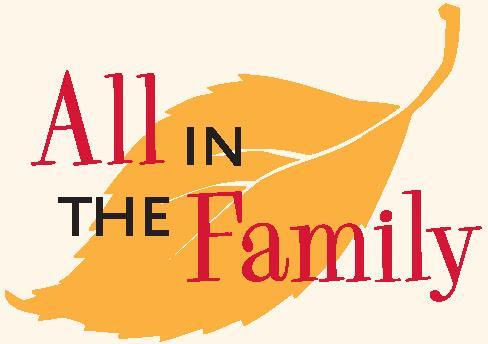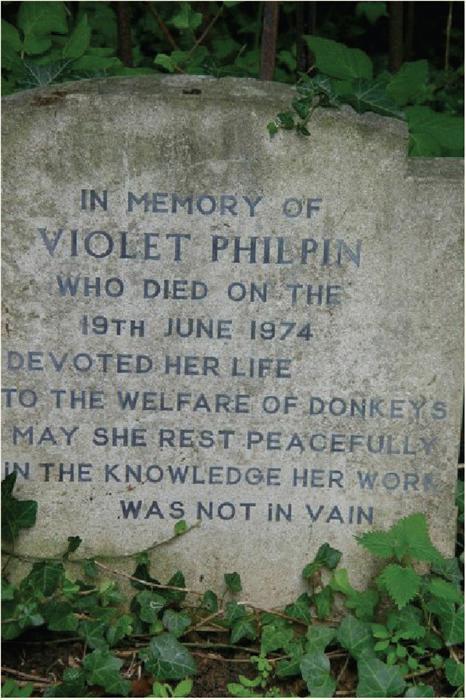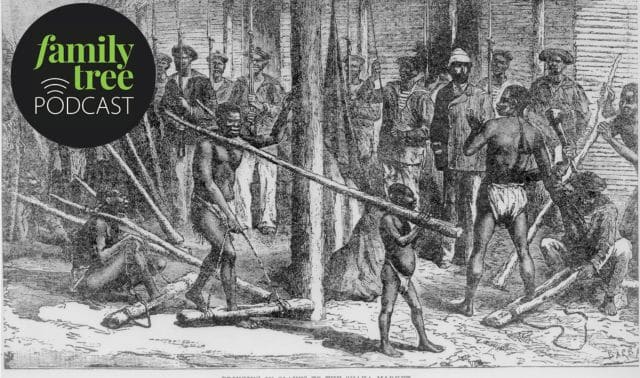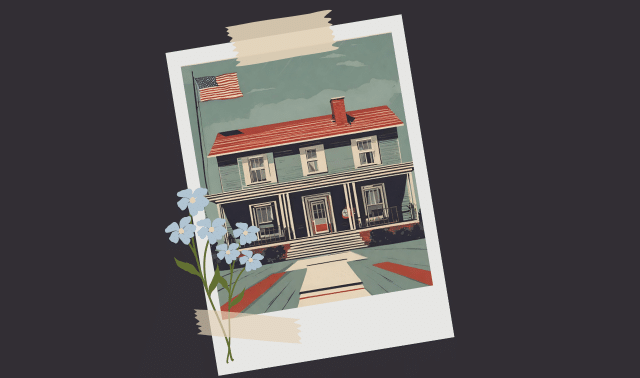Sign up for the Family Tree Newsletter Plus, you’ll receive our 10 Essential Genealogy Research Forms PDF as a special thank you!
Get Your Free Genealogy Forms
"*" indicates required fields
February Winners: graveyard guffaws
Zoo Babies
My daughters aren’t too impressed by the zoo. I blame the zebras.
A zoo’s appeal is seeing exotic animals. But Sierra, 7, and Mireya, 3, have absolutely no reason to believe zebras are worthy of the zoo. After all, we drive by a whole herd of them every week. Not just brilliant black-and-white striped zebras. There are gray wildebeests with long, patient black faces. The sable and white Oryx, with horns reaching into the Texas sky. Then there are the emus. We visit them on our way to school, where they stand at a fence line like errant hitchhikers.
It’s difficult to explain this plethora of wildlife doesn’t really belong here, that the animals aren’t native to Texas or even the United States. Zebras have a different family tree, I tell my daughters. They’re skeptical.
We check out library books on zebras and discuss differences between species. We look at Texas and Africa on maps, read up on what zebras eat, download their sounds from the Internet, draw countless pictures for the fridge. It’s not helping.
So I do something different — I try to explain the concept of heritage. We sit down with our own family tree and trace our Hispanic roots back six generations to southwest Texas. When you’re born in Texas, you’re a Texan, I say. It works for a few weeks: The zebras, Oryx, and emus become foreign, exotic creatures again.
Then, the baby zebras are born. It’s all over. Mireya squeals with delight when she sees them at the feeding trough. “Look Mom,” says Sierra. “Texas zebras!” I’m hard-pressed to argue that one.
Near-Death Experience
The McGirr family of Ironton, Ohio, tells of Josiah Forest McGirr, who left to serve in the Civil War, became ill, “died” and was taken home to be buried. According to McGirr lore, while Forest was in the coffin, his sister thought she saw his lips quiver and put a glass of wine to his mouth. This revived him, and he lived another 54 years.
I assumed the whole story was a 19th century urban legend until I found an article about Forest in the Sept. 22,1892, Ironton Register. The report said, “The pension claim of Forest McGirr has been allowed. … Forest was taken sick soon after volunteering, and he died, or was given up for dead, so that his coffin was brought to where he was lying. But he gently resumed existence, and went to his regiment, but not being mustered in at the time, the red tape part of the pension business was not soon accomplished; but though late, it comes at last, and we are all glad.”
The soldier enlisted as Forest McGirr in the 9lst Regiment, Ohio Infantry, Aug. 13, 1862. “Entire entry cancelled” is written at the bottom of his muster roll. In his pension deposition, McGirr testified he came down with typhoid fever 10 days after entering camp and was reported dead. When he returned to his regiment in January 1863, he listed his name as Josiah F. McGirr, unwittingly incurring red tape. Forest had recovered from the typhoid, but he was never the same, spending his last six years in Athens State Hospital.
Make Yourself at Home
Some time ago, I contacted the Bangor Public Library in Maine for help finding information about my Tompkins family who lived in the area. A volunteer researcher agreed to do some searching for me. After some back-and-forth and varying levels of success, she found Jacob Tompkins (a son of my third-great-grandfather) and his wife, Rachel, in the 1850 census index. Then, at my request, she looked for sons of Jacob and Rachel. Bingo. This helpful volunteer found one of them in the 1911 Bangor city directory — and he was living in her house.
ADVERTISEMENT







